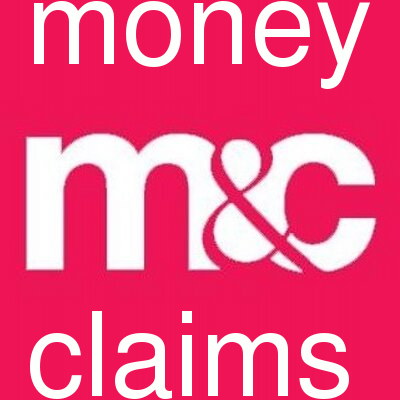

Marks & Clerk is a large firm, apparently large enough to also occupy the media. Over the years we have shown how the EPO corrupted the media (paying it money) and noted that patent law firms totally dominated coverage about patents, either directly (as authors) or indirectly (quoted extensively by authors, usually to the exclusion of those actually impacted). It's the same problem in the US media, where the patent office gradually improves.
"It's hard not to get bitter when stuff like this is done so routinely, basically routing around the public."Not much can be done about this except openly complain about it. This morning (or last night), filed under "opinion", the Scottish media published pure spam, not journalism, attempting to sell services rather than inform the public. It's marketing packaged up as "news" and the promotional final words of this 'article' say: "If the UK was to end up outside of the Unitary Patent regime, Marks & Clerk LLP would still be able to apply for Unitary Patents for its clients via its offices in Europe."
Is this what major news [sic] papers have sunk to? Even national press, not just local media? Suffice to say, being an 'article' (informecial) from Marks & Clerk, it paints UPC as desirable in spite of opposition from British software firms. It's hard not to get bitter when stuff like this is done so routinely, basically routing around the public.
'David Moreland is a Chartered (UK) and European Patent Attorney for Marks & Clerk," it says. They are proponents of software patents, which isn't at all surprising (all of Team UPC is promoting these too and the UPC is a Trojan horse for this agenda).
Here are some excepts:
Will our relationship with the EPO change when we’re no longer part of the EU? Contrary to misconceptions, the EPO is not an EU institution. It has EU members amongst its signatory countries, but there are non-members too – Switzerland, for example.
Companies which have patents granted by the EPO then need to have those patents validated in each country in which they want protection.
[...]
But now there is a new spanner in the works. An anonymous party has recently filed a case with the German Constitutional Court which essentially suggests ratifying the agreement would be against the German constitution. The German Constitutional Court has determined that on the face of it, the challenge is not entirely without merit, and asked the German President to delay signing the implementing legislation for the Unified Patent Court and Unitary Patent court. This ensures that ratification does not take place before a full determination of the constitutionality of the legislation has been made. Whether the complaint is upheld remains to be seen; however any attempt to block the legislation will, at the very least, delay it.